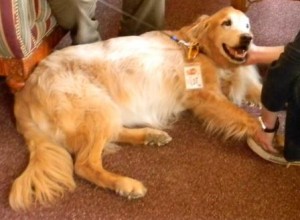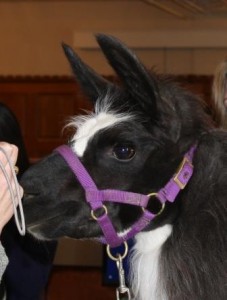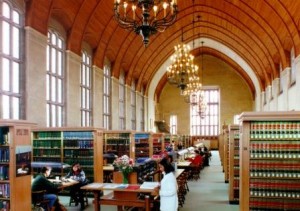Just posted in Scholarship@Cornell Law is “Unborn Communities,” a working paper by Gregory S. Alexander, A. Robert Noll Professor of Law at Cornell. From the abstract:
Do property owners owe obligations to members of future generations? Although the question can be reframed in rights-terms so that it faces rights-oriented theories of property, it seems to pose a greater challenge to those theories of property that directly focus on the obligations that property owners owe to others rather than (or, better, along with) the rights of owner. The challenge is compounded where such theories emphasize the relationships between individual property owners and the various communities to which they belong. Do those communities include members of future generations? This paper addresses these questions as they apply to a property theory that I have developed in recent work, a theory that we can call the human-flourishing theory of property.
If you’re not familiar with Scholarship@Cornell Law, it’s Cornell Law Library’s digital repository of 1,000 scholarly articles, papers, and presentations, all available online, for free. Scholarship@Cornell Law is part of bePress’s Law Commons, where Cornell Law Library has one of the top five most popular repositories.
While both published and working papers by Cornell law faculty make up the bulk of Scholarship@Cornell Law, we also have papers by students, including winners of the Cornell Law Library Prize for Exemplary Student Research. Papers from many different law school centers and programs, the Avon Global Center for Women and Justice and Dorothea S. Clarke Program in Feminist Jurisprudence and the Cornell e-Rulemaking Initiative are also found at Scholarship@Cornell Law.
 Don’t forget! All Cornell law students, faculty, and staff are invited to enjoy pet therapy in the Saperston Student Lounge on Tuesday, April 30. Two dogs and a llama will be available from 11am-1pm for relaxing companionship. No sign-up required; drop by anytime. Spouses, partners, and children are welcome.
Don’t forget! All Cornell law students, faculty, and staff are invited to enjoy pet therapy in the Saperston Student Lounge on Tuesday, April 30. Two dogs and a llama will be available from 11am-1pm for relaxing companionship. No sign-up required; drop by anytime. Spouses, partners, and children are welcome. This program is co-sponsored by the Cornell Law Library, Cornell Companions (a pet visitation program sponsored by the Cornell University veterinary community), and the Cornell Student Animal Legal Defense Fund, who will provide refreshments.
This program is co-sponsored by the Cornell Law Library, Cornell Companions (a pet visitation program sponsored by the Cornell University veterinary community), and the Cornell Student Animal Legal Defense Fund, who will provide refreshments.




